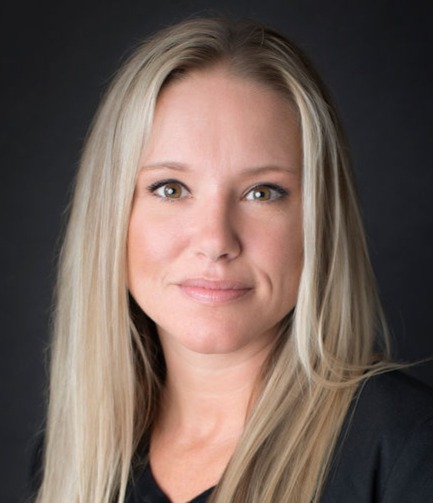CNAs Have Much to Offer in Senior Care
- jramieri

- Apr 26, 2022
- 3 min read

According to a recent article in Skilled Nursing News, about 420,000 nursing home workers have departed the industry since the beginning of the pandemic. Let’s repeat that—420,000 workers have left the industry in the last two years. That kind of number should get anyone’s attention.
To be sure, some of them left because they were laid off due to plummeting census rates during the pandemic. But a lot of them left because they had reached their limit: employment conditions that were wrought with overwork and underpayment. This shortage only left more work for those that remained.
The Industry is Not Using CNAs to Their Fullest Capabilities
One of the overlooked heroes of the pandemic has been the CNA—the certified nursing assistant. Indeed, as senior care facilities, especially SNFs, have been faced with tightening labor pools, they have gotten creative and expanded the role of CNA. But so much more can be done.
The same article in Skilled Nursing News points out that CNAs deliver about 90% of the care in skilled nursing facilities. While CMS has certain requirements that SNFs must meet, including having an RN on duty at least eight hours a day, there is no CMS ruling limiting or delineating the services a CNA can deliver, and they can deliver many.
Additional Roles for CNAs
According to Clipboardhealth.com, an industry blog, these are just a few of the certifications CNA can obtain that qualify them for additional duties:
Medication Aide Certification: The National Council of State Boards of Nursing allows CNAs to take a Medication Aide Certification Examination (MACE). CNAs who have this certification can give medications under certain conditions.
CAN II and CAN III Certifications: Some states offer these additional certifications. According to the Clipboard blog, with these certifications, CNAs in specific states can run electrocardiogram tests, and even change dressings.
Phlebotomy Certification: CNAs with this certification can draw blood. Classes are available at a local university, a community college, or a technical school.
Certified Hospice and Palliative Nursing Assistant (CHPNA®)—This one takes a little more work to obtain, requiring 500 hours in the past 12 months or 1,000 hours in the past 24 months in hospice and palliative nursing under the supervision of a registered nurse.
Additional Certifications Put CNAs in a Position to Demand More Pay
This is true, but for senior care facilities, it is worth if to free up an LPN, RN, or other personnel who would ordinarily perform these duties. In addition, one of the ways senior care facilities have to retain employees is paying higher wages. But the reality is that having to replace an employee is expensive.
According to a report by Zippia, a source of statistics for job seekers and HR people, the average cost of a hire is $4,425. It takes 36 to 42 days to fill a position in the U.S. Finally, it takes an average of 12 weeks for a new employee to become fully productive in their job.
In addition, giving these extra duties and responsibilities to CNAs mixes it up and makes their job more rewarding.
State Regulations Also Control What CNAs Can Do
The conundrum for senior care facilities is that while CMS sets down so many requirements, the individual states control and dictate what CNAs can do. As is pointed out in summary of a study by the National Council of State Boards of Nursing, “Though 26 states required CNAs to have more initial training hours than the federal requirement of 75 hours, only four states required additional yearly CE hours to maintain CNA certification. The combination of increased initial training and annual CE hours was significantly associated with nursing homes reporting lower antidepressant and antipsychotic use and lower average medication use.”
But not all states are equal in their requirements, which means that leadership has to know what guidelines their state has established for CNAs. It might also be time for state senior care associations and other professional groups and individuals to start calling on their legislators and demanding changes to the role of CNAs.
CareWork
CareWork is committed to one of the important sectors of senior care: giving administrators and leadership teams access to the data that will help them make the best decisions for their business and the care of their residents. The CareWork platform integrates with the systems you already use and brings the information together in one screen. Leadership of senior care centers can customize CareWork at the position level so that everyone knows what positions should be staffed and when, what gaps and open positions there are. CareWork empowers providers and enables them to manage operations in one place and do so strategically. Automated tools provide data that increases quality, controls costs, tracks compliance, manages labor, reduces waste, and gets jobs done faster. We make care work easier.
Just as importantly, we are committed to the senior care industry. To learn more, visit our website.



